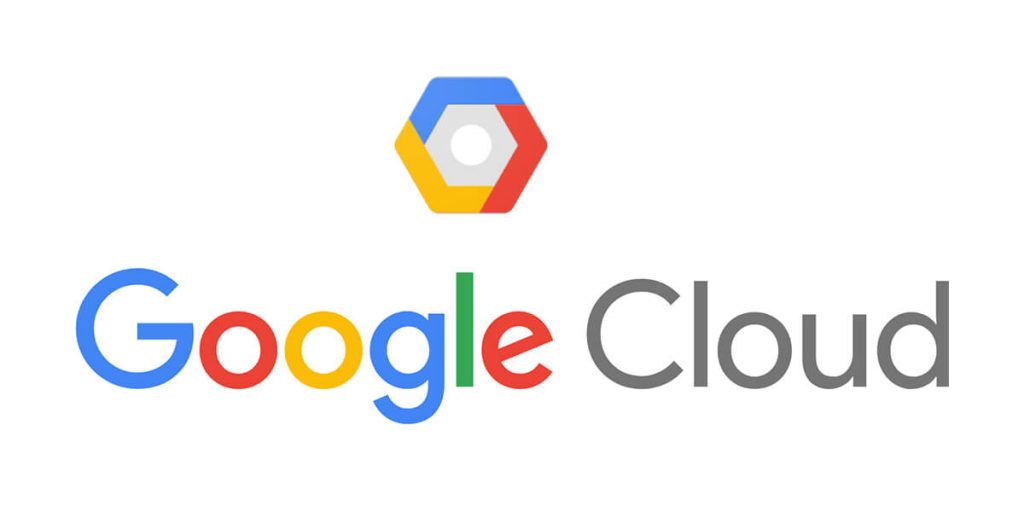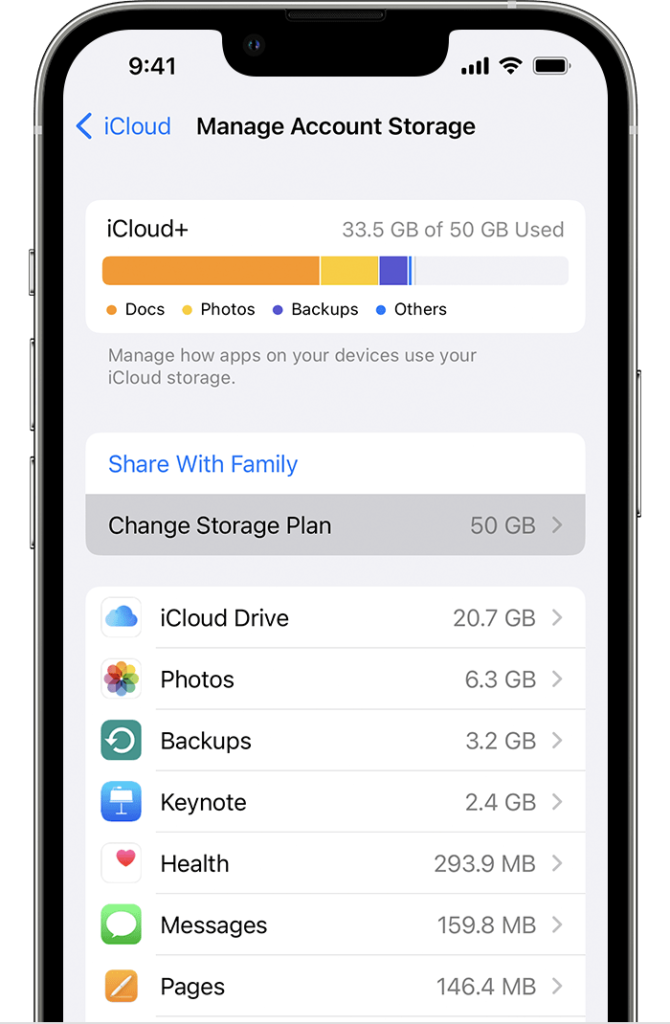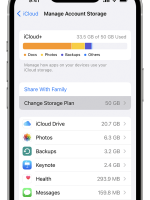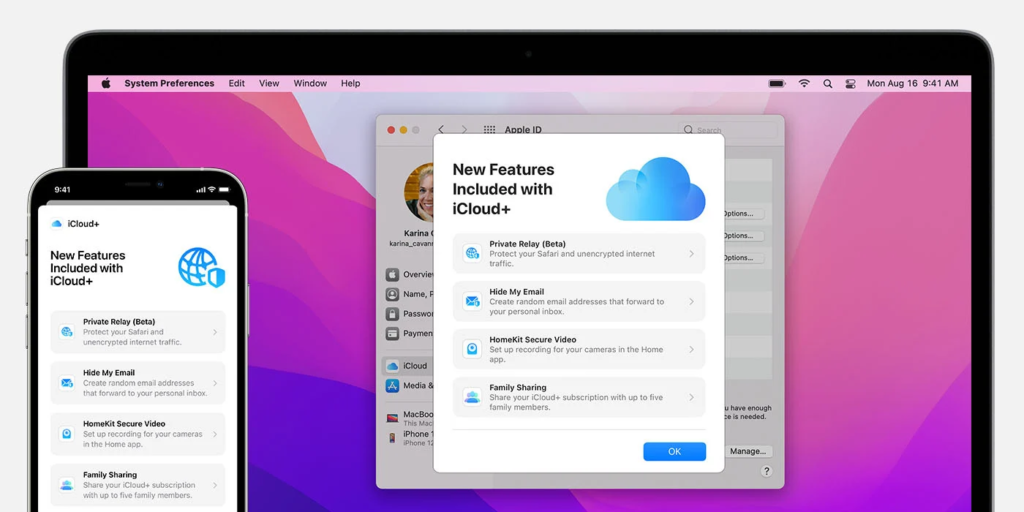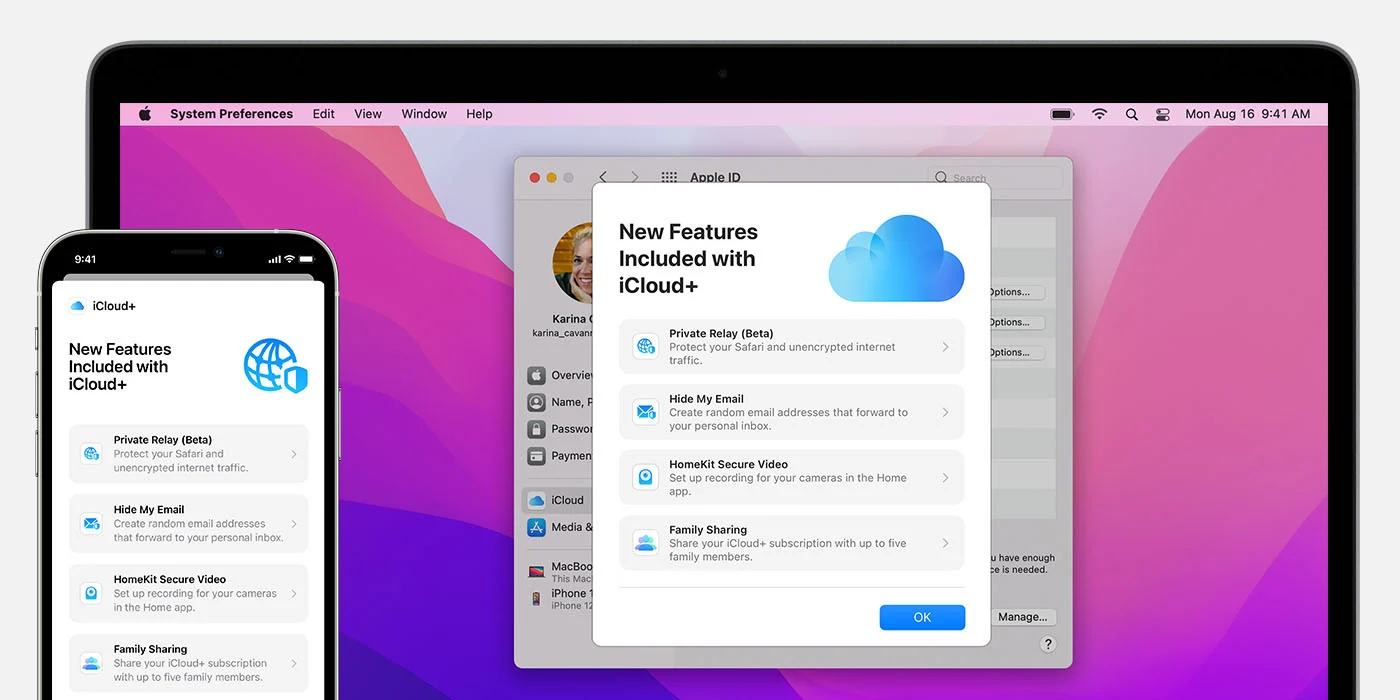Dropbox Ends Unlimited Cloud Storage Following Google Change
Given a spike in illegal behaviour, Dropbox is discontinuing unlimited space in its Expanded plan, which is geared at businesses.

As Other sites made similar adjustments to reduce storage capacity, it noted in a blog post, that it has seen an increase in people using Advanced plans “not to run a business or organization, but instead for purposes like crypto and Chia mining, unrelated individuals pooling storage for personal use cases or even instances of reselling storage.”
yahoo.com
While there will of course be legitimate outliers when it comes to unlimited storage plans, Dropbox says bad actors “frequently consume thousands of times more storage than our genuine business customers, which risks creating an unreliable experience for all of our customers.”
yahoo.com
The organisation claims that establishing a list of acceptable-use limits is impractical since it currently holds standards that forbid abusive behaviour. Because of this, Dropbox is switching to a regulated approach.
Effective on November 1st, the firm will progressively transition current subscribers to the updated Advanced plan. Before moving users to the updated policy, Dropbox will provide them with at least thirty days of notice.
On the Advanced plan, more than 99 per cent of users utilise no more than 35TB of capacity for each licence. As stated by Dropbox, those groups are allowed to utilise the amount of storage they are already using at the time they receive transfer alerts in addition to an additional 5TB of shared storage for five years without incurring any additional costs.
The same offer, but for one year, will be made to the small percentage of users that consume more than 35TB of storage each licence. Dropbox will collaborate with them to come up with a strategy that will ultimately benefit all parties concerned. Maximum storage for all Advanced plan variations is 1,000TB.
Also Read: Meta Launches AI Coding Software to Compete With OpenAI
Starting today, customers who purchase a three-license Advanced plan will receive an overall 15TB of shared storage. 5TB of storage will be added with each subsequent licence. In addition, Dropbox will begin providing storage upgrades on September 18 for newly registered users and on November 1 for current customers. On a month-to-month payment schedule, they cost 10 dollars per month for 1TB and eight dollars per month if bought yearly.
